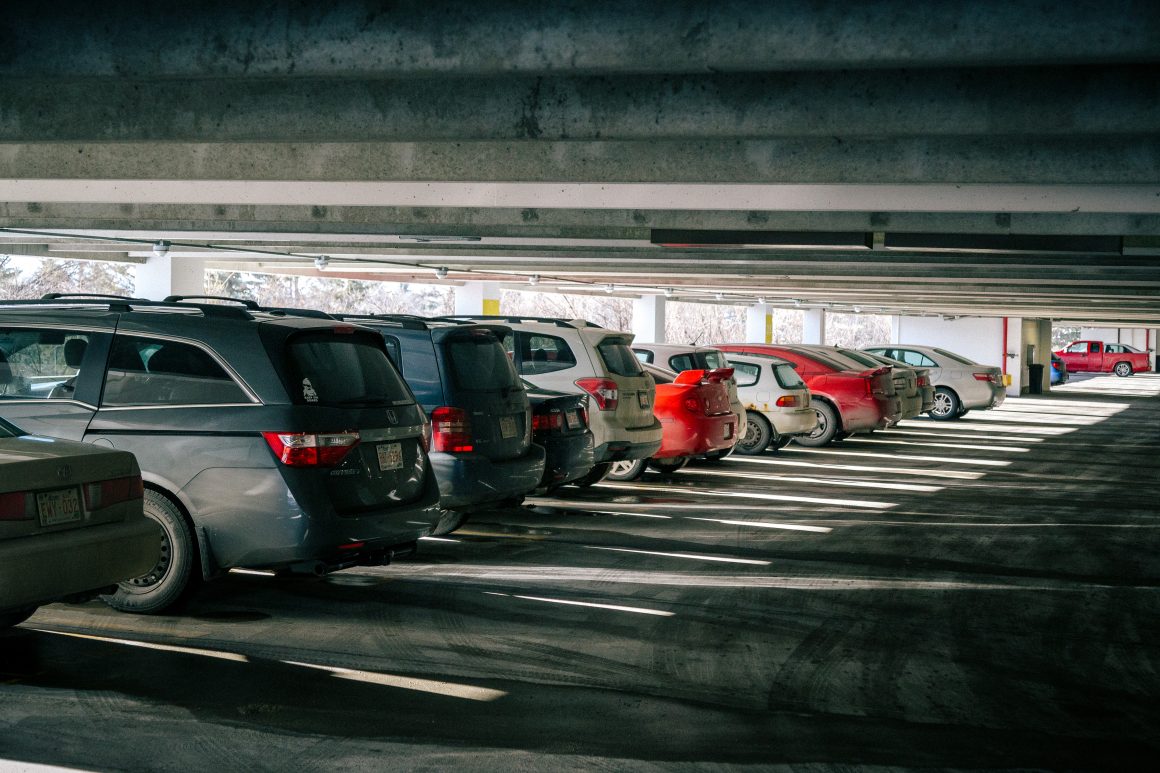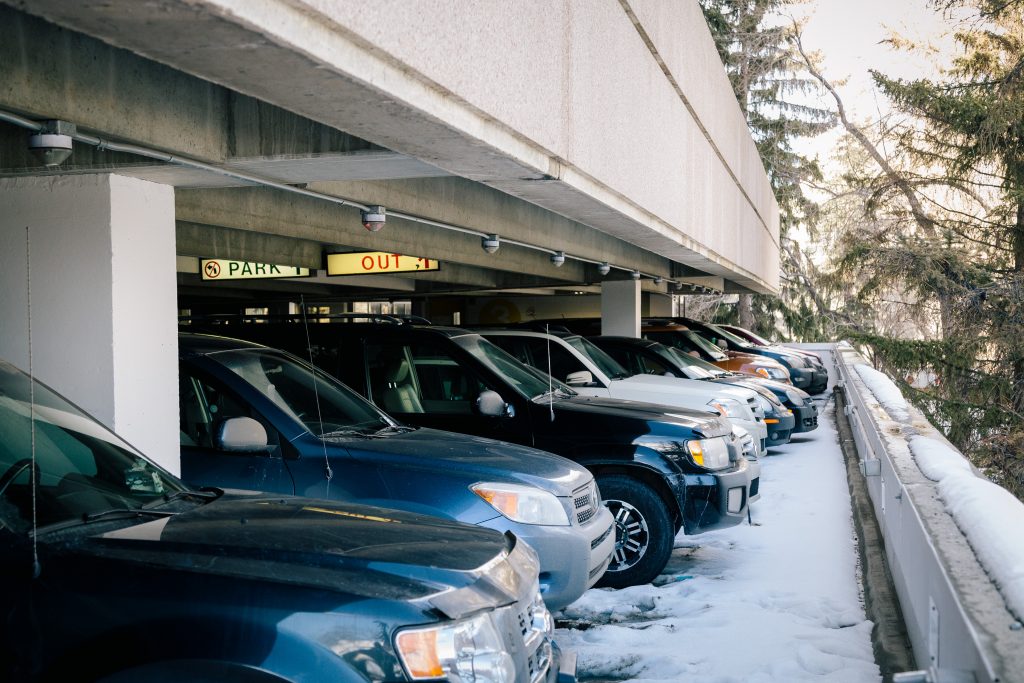
U of C students grapple with thousands in unpaid parking fees or avoid them altogether
By Jason Herring, January 17 2016 —
As parking costs rise at the University of Calgary, many students deal with thousands of dollars in accumulated parking fines — while others devise plans to circumvent parking regulations on campus.
Fourth-year international development student Shubir Shaikh incurred thousands of dollars in U of C parking tickets over a three and a half-year period while driving to campus from his home in Cochrane.
“When I drive to the university, most of the time I do pay and park, but sometimes I’m in a rush,” Shaikh said. “On some occasions I haven’t paid or my time limit has expired, so I got a ticket.”
When students fail to pay parking tickets within a 30-day period, their right to park on campus is suspended and their student account can be placed on hold. This means that students cannot add or drop classes or receive transcripts.
After his account was suspended, Shaikh said he approached parking and transportation services to explain his situation. He was able to negotiate his parking tickets down to 75 per cent of their original cost to be paid through a monthly instalment plan.

Roughly 27,000 parking tickets were issued at the U of C in 2015–16 // Photo by Justin Quaintance
U of C director of parking and transportation services Susan Austen said that this situation isn’t uncommon.
“There’s a fair number [of students on payment plans],” Austen said. “I didn’t actually go and figure out how many there were, but there’s probably — ballparking here completely — 50 or 60.”
SU law representative Mark Shearer helps students with large sums of unpaid parking fines by preparing them to meet with parking officials to state their case for a fee reduction.
“I’ve had students come in with between $1,500 and $4,000 in parking tickets,” Shearer said. “The only real option is to go in, meet face-to-face and try to talk it down. So that’s where I’ve been able to help — to say, ‘look, here’s what you want to say, here’s what you should avoid saying’, [and] have that bit of coaching prep.”
Shearer said typical grounds for a ticket reduction is being able to show that you don’t own the vehicle being ticketed and that it can’t be proven that any of the infractions for that vehicle were committed by you. Another route is to argue that the sum of money would be crippling as a student with loans and bills to pay, which Shearer said can result in a fee reduction and payment plan.
Students often accumulate several parking fees because the U of C doesn’t typically impound cars until their owners have over $500 in unpaid tickets, according to Austen. While about 27,000 tickets were issued at the U of C in 2015–16, only 57 per cent of those tickets were paid.
While students like Shaikh accumulated their tickets through a large number of infractions over time, others go to great lengths to avoid paying for parking altogether. A common tactic for parking fee circumvention involves home addresses on file with the U of C not matching the address of their car’s registration.
Shearer said that students can have their vehicles linked with their student files once they pay their tickets. Having the vehicle impounded can also lead to a vehicle being linked to a student’s account, because the student will have to pay the fine in order to get the car.
“You can get screwed a little by paying tickets. You can also get screwed a little if your car is registered to your address, which is your address on my.ucalgary. They can link it very easily that way,” he said.
Austen said the U of C is aware of parking fee circumvention methods. She argued that trying to get out of paying for parking is unfair to those who do pay.

According to Austen, 57 per cent of tickets were paid in 2015–16 // Photo by Justin Quaintance
“When we hear rumours of certain strategies where people are trying to avoid payment or working around regulations, it’s concerning because you’ve got a minority of people who are not pulling their fair share,” Austen said. “And the majority of students and all visitors to campus are doing what they should be doing. We’re dealing with a very small group that’s circumventing the system. We don’t want that to happen because that’s not fair to anyone.”
Shearer and Shaikh both believe parking compliance rates on campus would increase if the U of C followed the lead of the University of British Columbia.
“At the Arts Parkade at UBC, you pay at the gate or you have a thing in your car that the parking lot reads to go in. That way they can monitor who’s going in and out,” Shearer said. “That’s such an easy piece of technology that [the U of C] just doesn’t have. What would be the problem with having a pay [machine] at the gate? It’s not going to help students evade parking, but it would make the system fair by having re-entry.”
Shaikh thinks varying parking rates based on time would also be beneficial for students.
He also thinks it would help increase attendance at events on campus. He would also like a way to use the money he’s required to pay for the UPass for some of his parking fees.
“There should be something done about the students who don’t live in the city of Calgary, because I’ve used the UPass maybe a couple of times in the last three and a half years and I’ve paid over $1,000 [for it] now,” Shaikh said. “That money is completely useless. I could’ve used that money for a parking permit instead.”
Austen said the only plans currently in place to change parking regulations are to introduce re-entry into Lot 10 once it is modified into a self-service lot this spring.
